META At any point, the advice you're reading could be coming from someone too young to sign up for social media without parental permissions.
In a world where wisdom is often measured by age and experience, a startling new reality emerges: advice that shapes marriages, careers, and lives may come from voices barely out of their teens. Captain Sparklez, a popular YouTuber with a vast young audience, inadvertently shone a spotlight on this phenomenon, highlighting the unsettling truth that life-altering counsel might be offered by those still navigating their own adolescence.
This revelation is both a warning and a call for reflection. While some teenagers possess remarkable maturity beyond their years, the gravity of decisions they influence demands a cautious approach. The blurred lines between youthful insight and inexperience remind us all to weigh advice carefully, understanding that behind every recommendation may lie a perspective still in the making.

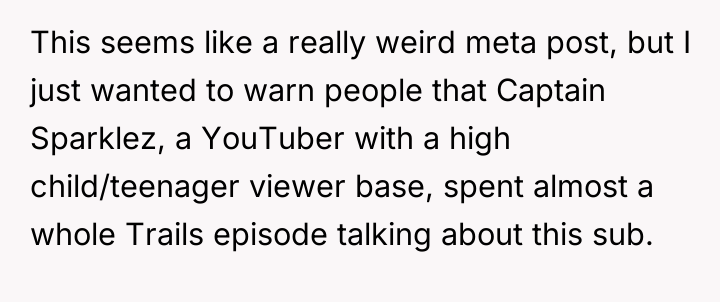

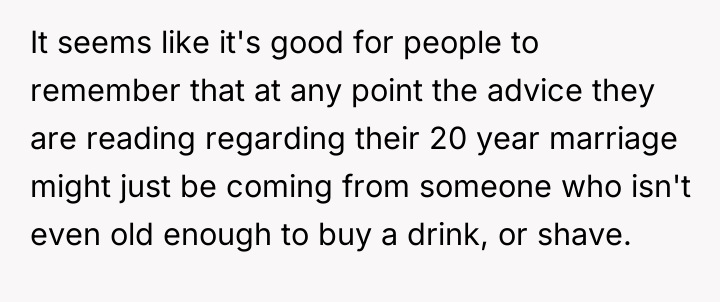
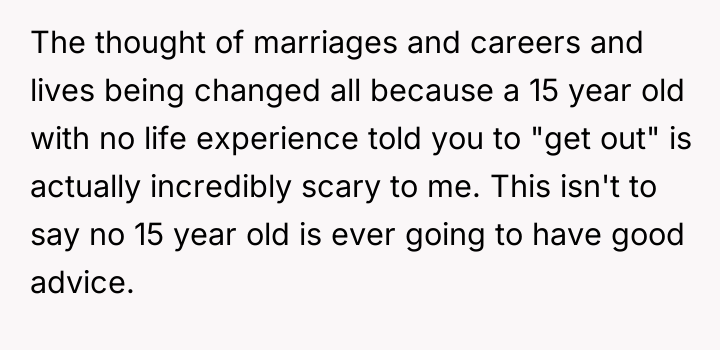
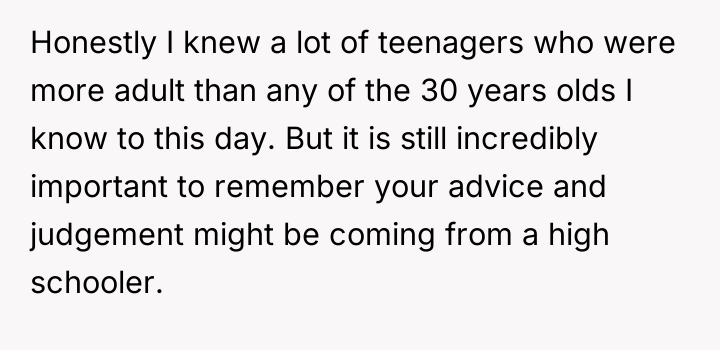
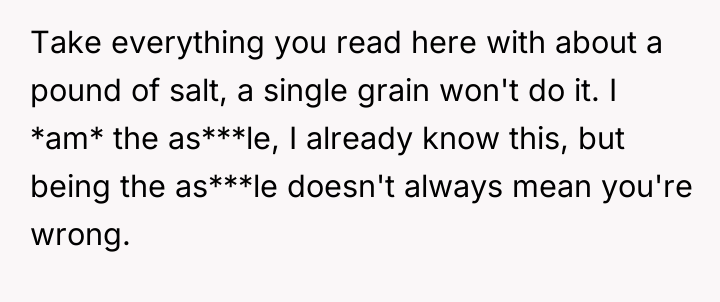
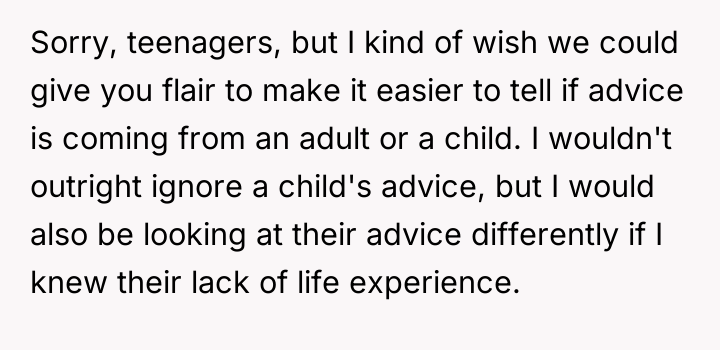


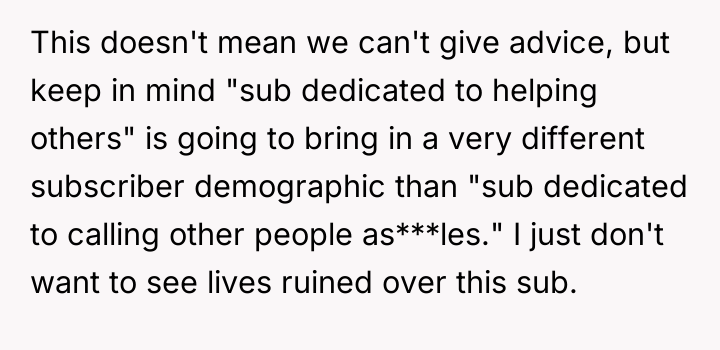
Subscribe to Our Newsletter
As renowned organizational psychologist Dr. Henry Cloud explains, "Boundaries are about drawing lines around what is acceptable to you and what is not acceptable to you." While the OP is not setting traditional personal boundaries, they are attempting to establish a boundary around the *quality and context* of advice being exchanged on a public forum, based on the perceived life experience of the contributors. The OP's primary motivation appears to be protective, stemming from fear that serious life decisions (like ending a marriage) could be influenced by input from individuals who lack the necessary context of long-term commitment or established adult responsibilities. This concern touches upon the concept of 'epistemic authority'—the right to be heard or believed on a certain topic. In this case, the OP argues that lack of lived experience diminishes that authority when the topic is complex adult life. The OP's admission of 'being the asshole' suggests they recognize that advocating for age-based gatekeeping can be seen as dismissive or ageist. However, their concern about the demographic shift from a 'judgement sub' to an 'advice sub' is valid in terms of maintaining community focus. A constructive recommendation would be to enhance the community guidelines to strongly caution users against basing major life decisions solely on input from anonymous users, rather than explicitly trying to segregate advice by age, which is often impractical and inherently subjective.
HERE’S HOW REDDIT BLEW UP AFTER HEARING THIS – PEOPLE COULDN’T BELIEVE IT.:
The community had thoughts — lots of them. From tough love to thoughtful advice, the comment section didn’t disappoint.
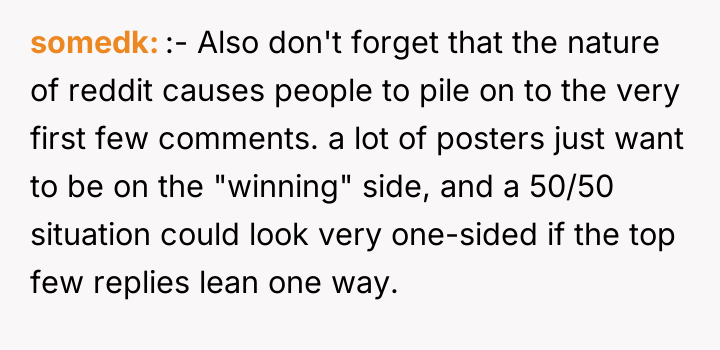
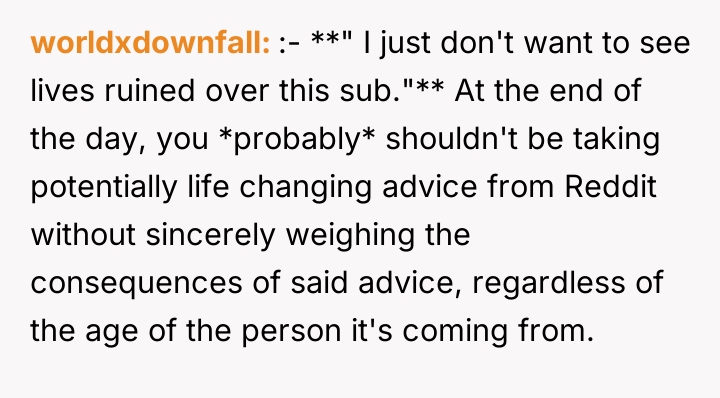
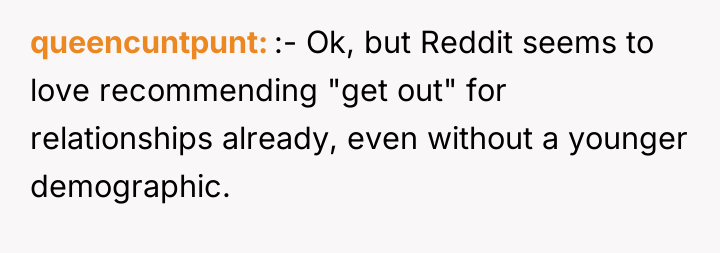
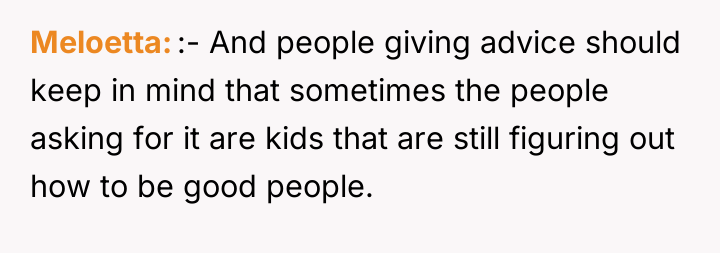

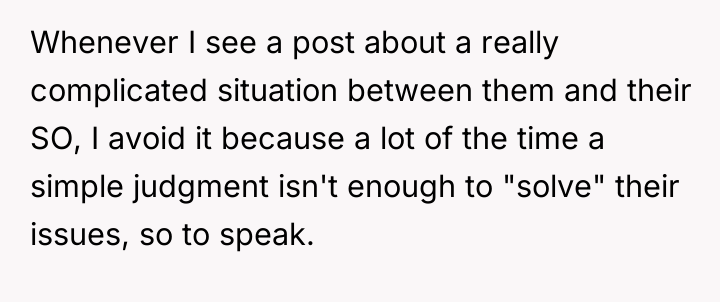
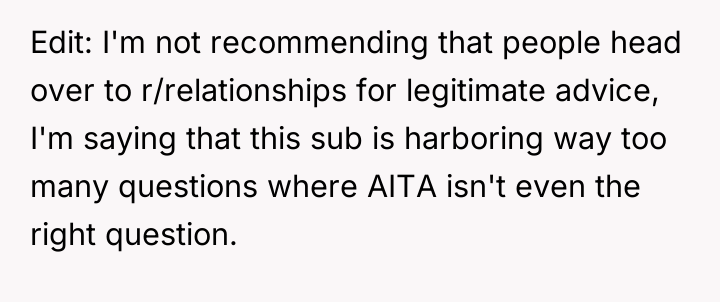
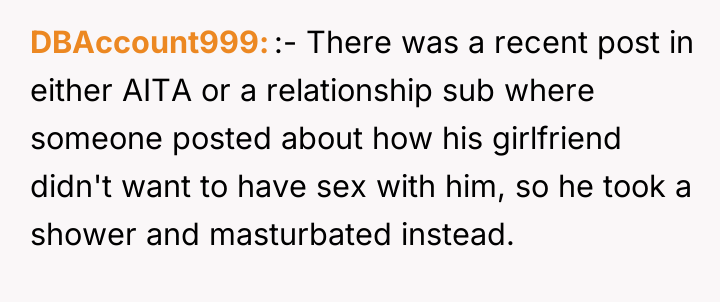
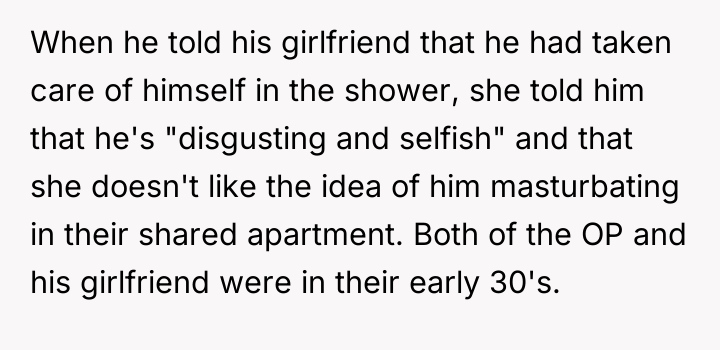
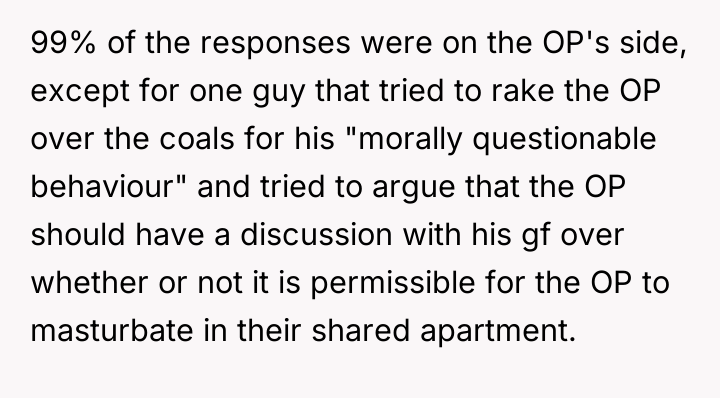
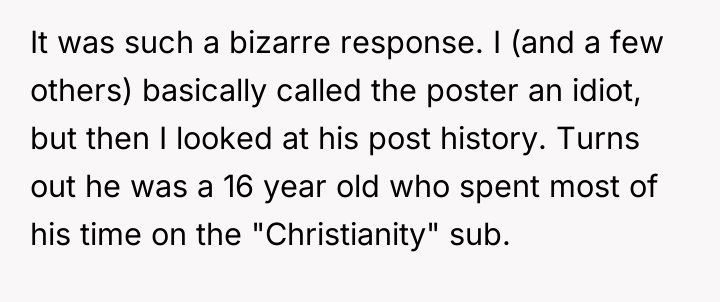

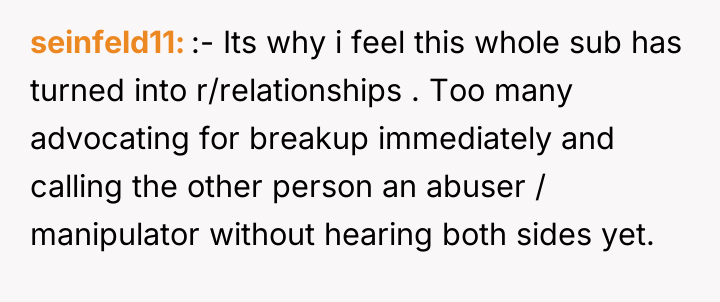
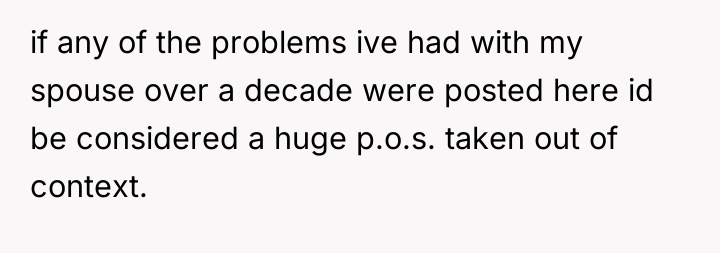
The original poster expresses significant anxiety regarding the credibility and potential negative impact of advice given by very young, inexperienced members within the community, especially when that advice concerns serious adult matters like marriage. Their core conflict lies in wanting to maintain the integrity and caution of the forum while acknowledging that some younger participants may offer valid insights.
Considering the OP's stated goal of preventing potential life damage from inexperienced input, is it justifiable for a community moderator or active member to advocate for filtering or tagging advice based strictly on the contributor's age or perceived life experience level?